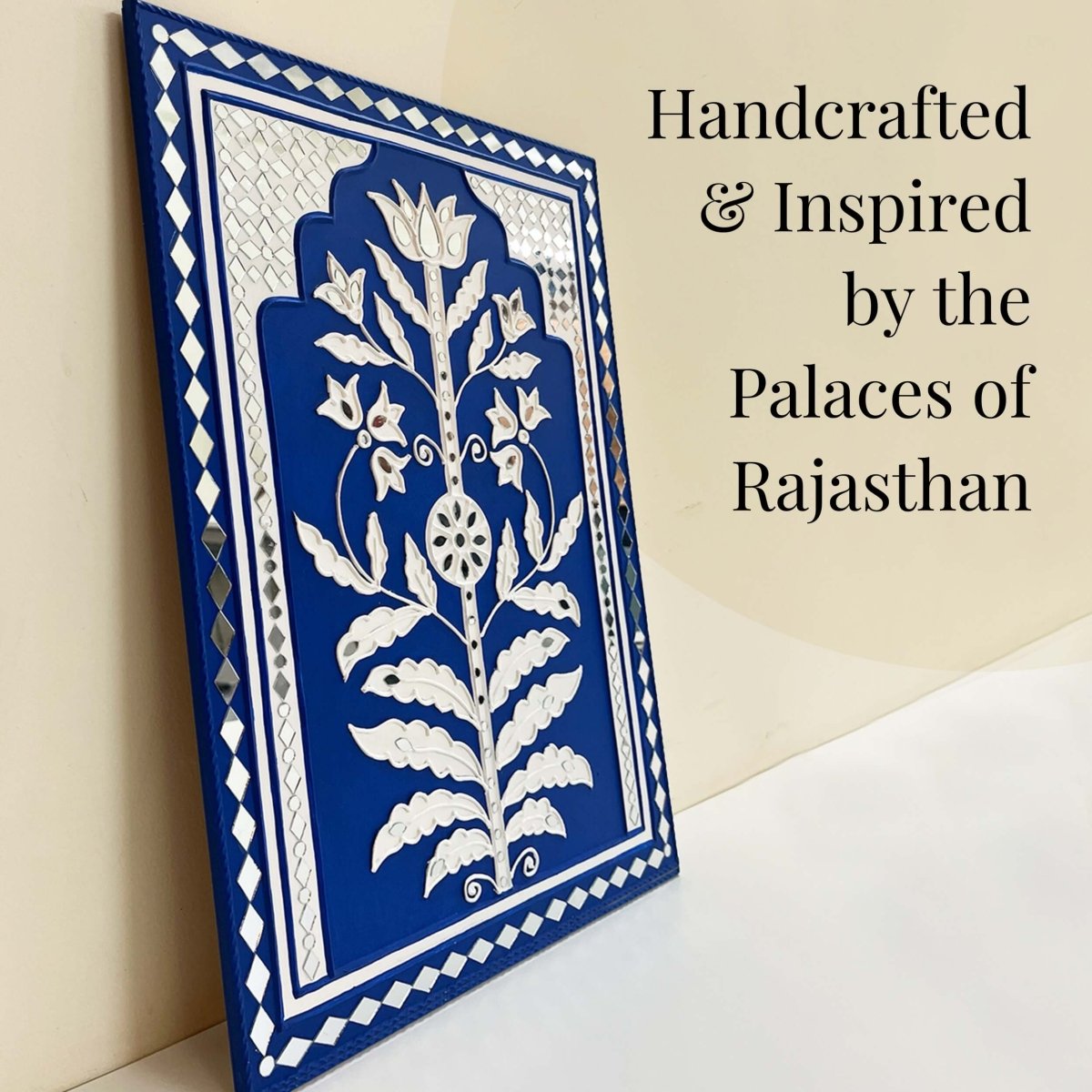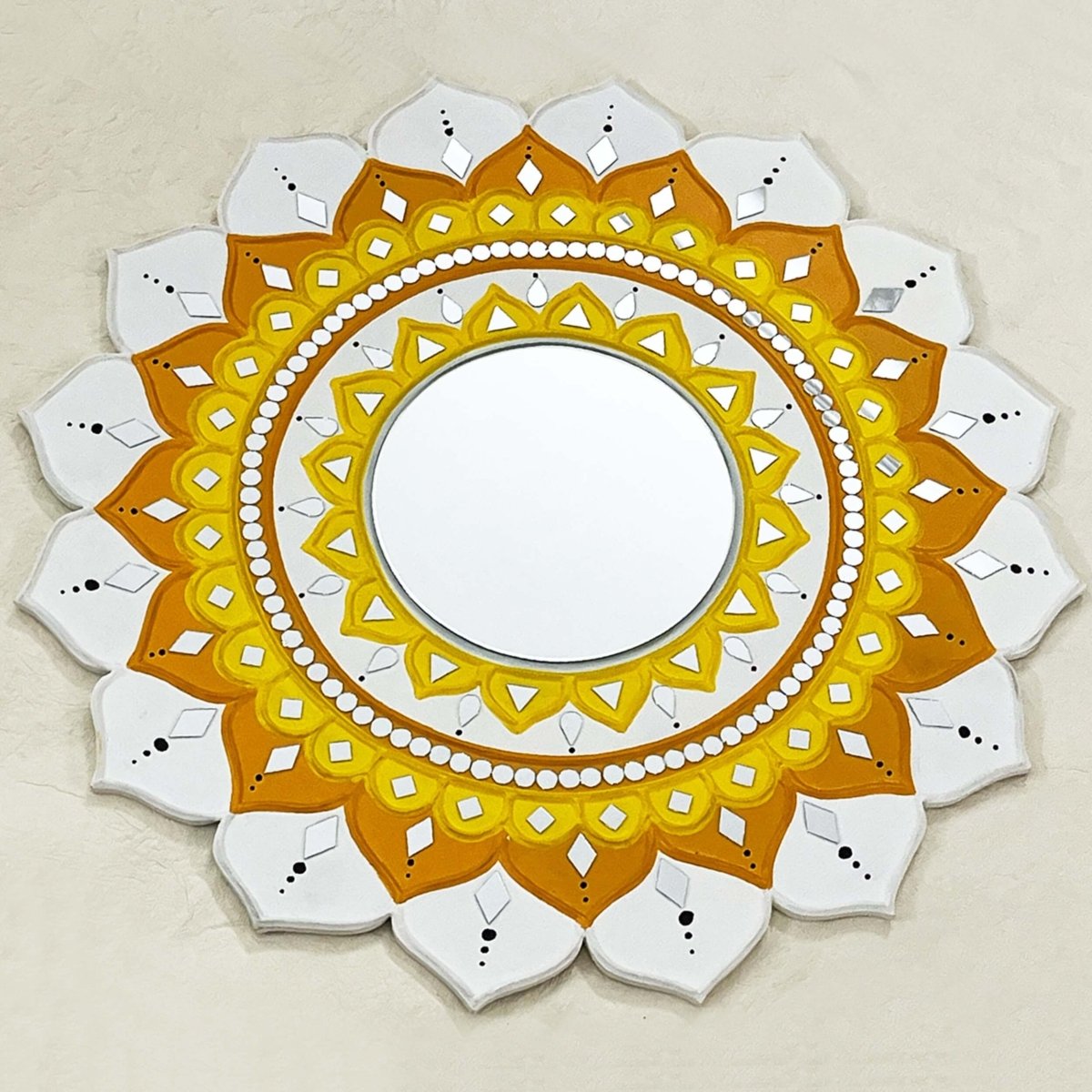Ismat Chughtai: Telling it Like it is
BOOKMARK
"I have always thought of myself first as a human being and then as a woman."
She was a writer, an educator and an icon of women's empowerment. But, above all else, she was unapologetic and outspoken. Urdu writer Ismat Chughtai (1911 - 1991) understood the complexities of a woman's mind, and her work reflected the different shades of the woman of her time.
Born in the city of Badaun in Uttar Pradesh in 1911, Chughtai emerged as one of the most popular Muslim women writers in India. She was, without a doubt, the grande dame of modern Urdu fiction. The ninth of ten children, Ismat was born into an affluent family. Her father, Mirza Qaseem Beg Chaghtai, was a civil servant, whose work took the family to cities like Jodhpur, Agra and Aligarh. Ismat grew up spending most of her time with her brothers as all her sisters were already married. In 1983, she mentioned in an interview to Manushi magazine: “I do not think men and women are two different kinds of beings. Even as a child, I always insisted on doing everything that my brothers did."
From the very beginning, literature was a very significant part of Chughtai’s life. Fondly addressed as ‘apa’ or ‘elder sister’, Chughtai, in one of her rare interviews on Doordarshan in the ’80s, spoke extensively about her childhood influences. She recalled how, as a child, she grew up hearing stories about society, men and women, and love and despair, which would later influence her writing.
Chughtai began writing in her early teens, stories that she claimed were around her and just waiting to be penned. She was inspired by her elder brother, Mirza Azim Beg Chughtai, who was a noted novelist who used playful humour in his books.
Often teased by her friends for her fascination with Irish playwright Bernard Shaw, Chughtai gradually started reading Western writers during her early education at The Women’s School (now The Women’s College) at Aligarh Muslim University. Her literary career began with the publication of her short story Fasadi (The Trouble Maker) in a literary journal called Saqui in 1938. The story was so well written that many of her critics claimed her brother Azim Baig Chughtai had ghost-written it for her!
When a local cleric condemned The Women’s School as ‘a brothel which produced abominations’, Chughtai wrote an article in the Aligarh Gazette, calling on progressive teachers and students to support the school and rally in support of women’s education. Her appeal was heard and angry students duly vandalised the cleric’s office.
Chughtai graduated from Isabella Thoubourn College in Lucknow with a Bachelor of Arts degree in 1940. This was a time when she got involved in the Progressive Writers’ Association. In the 1930s and ’40s, a wave of innovative writing began with the Progressive Writers’ Association being setup in Lucknow. It was a platform for writers to speak out against social injustice and orthodoxy in society and a who’s who of Urdu writers of the time, including Munshi Premchand, Hasrat Mohani, Josh Malihabadi and Firaq Gorakhpuri, among others.
It is during one of these Progressive Writers’ Association meetings that Chughtai met Rashid Jahan (1905-1952), a noted writer-director who kicked off a new era in Urdu literature written by women. She instantly decided to start using her creative abilities to advocate for human rights, and her work spoke volumes for liberation and equality.
Chughtai's first novella Ziddi was published in 1941. It was a sharp critique on the sexual exploitation of young, female domestic help by their masters’ sons. While she was a member of the Progressive Writers’ Association, she refused to toe the ‘official line’. In her autobiography, Kagaz Hi Hai Pairahan, Chughtai wrote, “When the policy of the Party (PWA), rigidly concluded that Progressive literature is only that which is written about the Peasant and the Labourer, I disagreed. I cannot know and empathize with the Peasant class as closely as I can feel the pain of the middle and the lower class. And I have never written on hearsay, never according to any set rules, and never have I followed the orders of any party or association. Independent thinking has always been my nature and still is.”
After moving to Bombay and marrying Shahid Latif, a Hindi film director and writer in 1942, Chughtai contributed to cinema and wrote the screenplay, dialogue and songs in 17 films, from Ziddi in 1948 to Mehfil in 1981, with her Aligarhian husband. Interestingly, she also wrote the dialogue for Shyam Benegal’s Junoon in 1978, and even played the role of Jennifer Kendal’s character’s mother.
Chughtai worked with the top movie stars of her era. For instance, the couple gave Dev Anand his first male debut role in the film Ziddi (1948), where a young Kishore Kumar was introduced as a playback singer with his first song Marnney ki dawwayney kya mangu, jeene ki tamaana kaun karey.
While the entire country led by Mahatma Gandhi was participating in the Quit India Movement in 1942, Chughtai’s short story Lihaaf, published in the Urdu literary journal Adab-i-Latif, narrated in the voice of a young girl, got a controversial reception as it portrayed the same-sex relationship of a newlywed Begum with her female servant. It was too much for conservative India to handle.
Lihaaf turned into a watershed moment of her life. The story not only brought Chughtai plenty of media attention, its alleged ‘obscene’ content also got a legal case filed against her although she was later exonerated by the Lahore High Court.
In the story, Chughtai introduced the Begum’s character by writing: “One did not know when Begum Jaan’s life began – whether it was when she committed the mistake of being born or when she came to Nawab’s house as his bride.”
Chughtai faced severe criticism for another of her famous stories, Gainda (Marigold) in 1938. Among her earliest published works, it told the tale of a domestic worker who fell in love outside the caste system. The character violated the social rules that prohibited different castes from associating with one another, as well as the social custom that forbade widows from pursuing a second love.
Like many like-minded writers, Chughtai too was opposed to the idea of Partition, and in her story Jadein (Roots), Amma could not be persuaded to leave her haveli to migrate to Pakistan even when the family was ready to move. A heartbroken Amma, with tears in her eyes, says, “Who knows whether the new soil will be conducive to these saplings or make them wilt. These poor saplings.”
Lifting the Veil (2009), an English translation of Chughtai’s short stories, offers an insight into what Chughtai thought of the alleged ‘obscenity’ in some of her works. She said, “In my stories, I’ve put down everything with objectivity. Now, if some people find them obscene, let them go to hell. It’s my belief that experiences can never be obscene if they are based on authentic realities of life. These people think that there is nothing wrong if they can do things behind the curtains… All of them are half-wits. I wrote about a woman's loneliness who had all the worldly comforts but who was deprived of her husband’s company. I want to portray her tension and desperation.”
Her style of writing was most suited to novels and short stories as it exhibited a rawness and uniqueness that no other short-story writer had at the time. With her strong imagery, Chughtai’s stories added many new words, metaphors, similes and symbols to the dictionary of the Urdu short story, and her characters had common household names that connected with her readers, who drew considerable inspiration from her.
In her book Yahan Se Wahan Tak, Chughtai wrote, “And now it’s important that we develop self-confidence. And only Progressive literature can produce self-confidence. It will be disappointing if our writers don’t use their pen for the betterment of the common people, because if writers, journalists and thinkers turn away from present-day circumstances and write merely for personal gain, their work will lack vigour, and anything that is lifeless is not meaningful.”
Chughtai explored her unapologetic feminism by committing to paper Urdu stories of raw and unconventional themes such as gender inequality and same-sex relationships. She wrote about certain ‘zenana’ topics that not many would talk about and was among the first few writers who stood up against the exploitative patriarchal structure of society at the time.
In her novel Tedhi Lakeer (The Crooked Line), the reader is introduced to the woman-centred world of Indian Muslim women living in purdah. Tedhi Lakeer, which went on to be regarded as Chughtai's magnum opus, is now considered one of the most significant works in Urdu literature by her critics and the media.
Chughtai received many accolades and awards, including a National Award for Best Story for Garm Hawa in the ’70s. She was awarded the Padma Shri in 1976 for her contribution to literature. The fearless and celebrated writer passed away at her home in Bombay on 24th October 1991. To date, she is universally regarded as one of the four pillars of Urdu fiction in our time, among her contemporaries Saadat Hasan Manto, Krishan Chander and Rajinder Singh Bedi. Equally importantly, she will be remembered for lifting the veil on women and issues that were best left ‘behind the curtain’.









